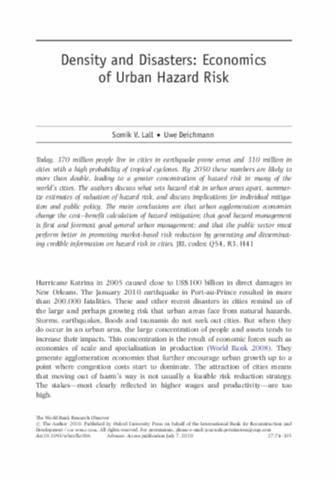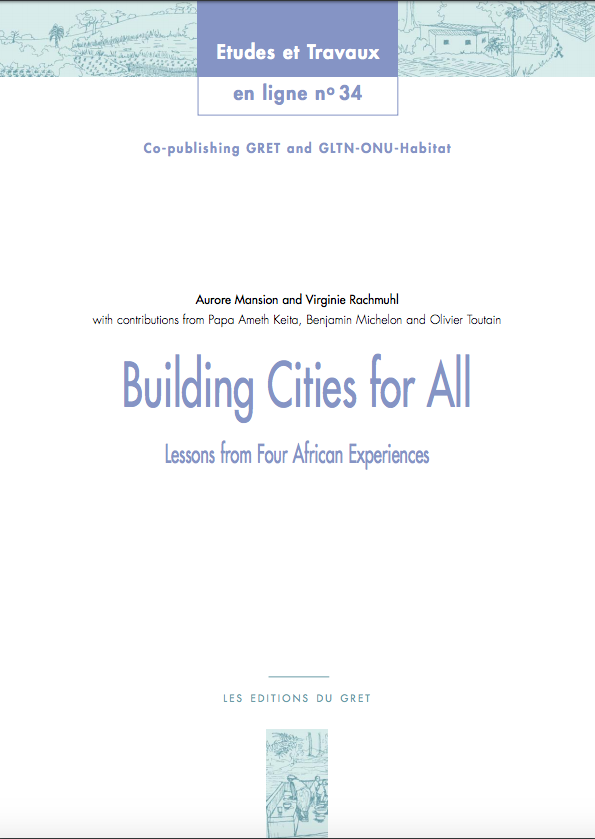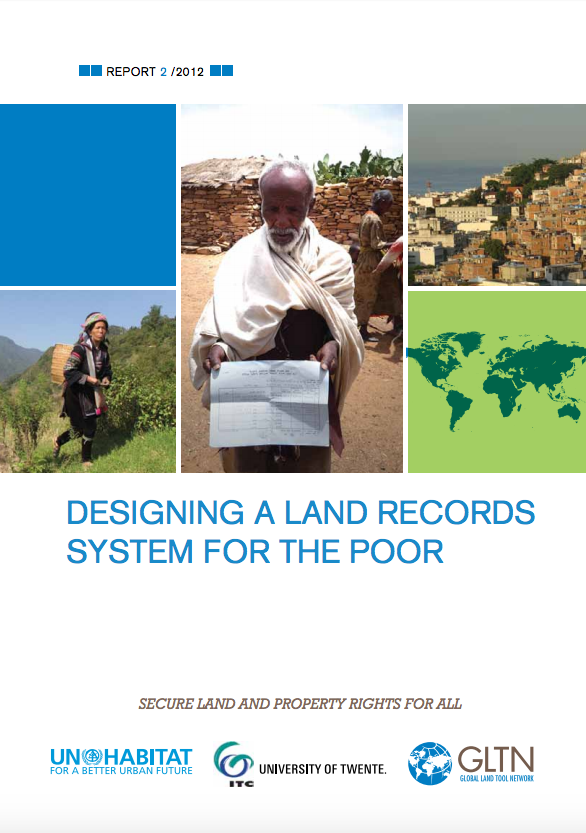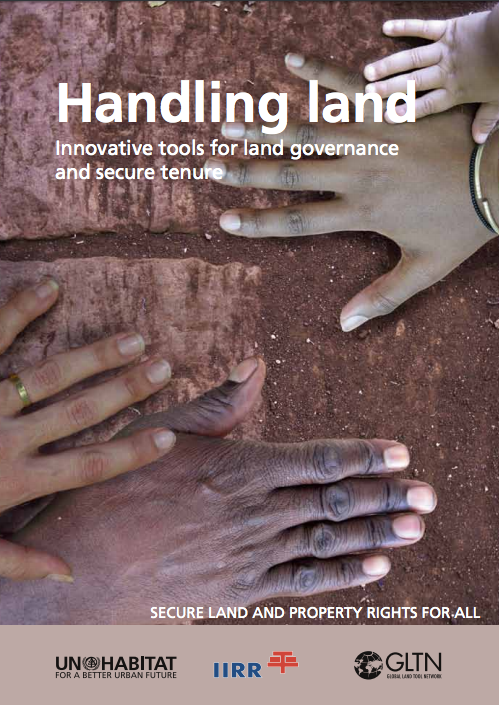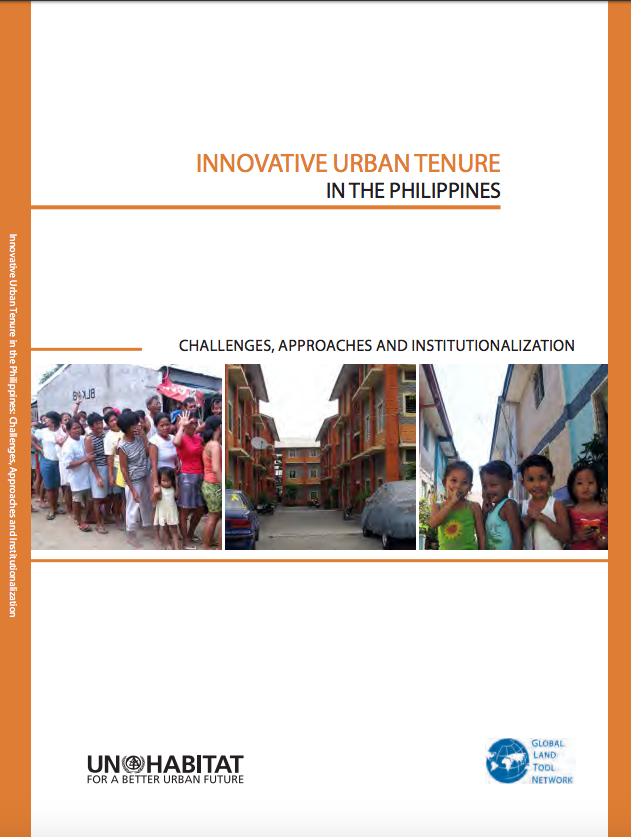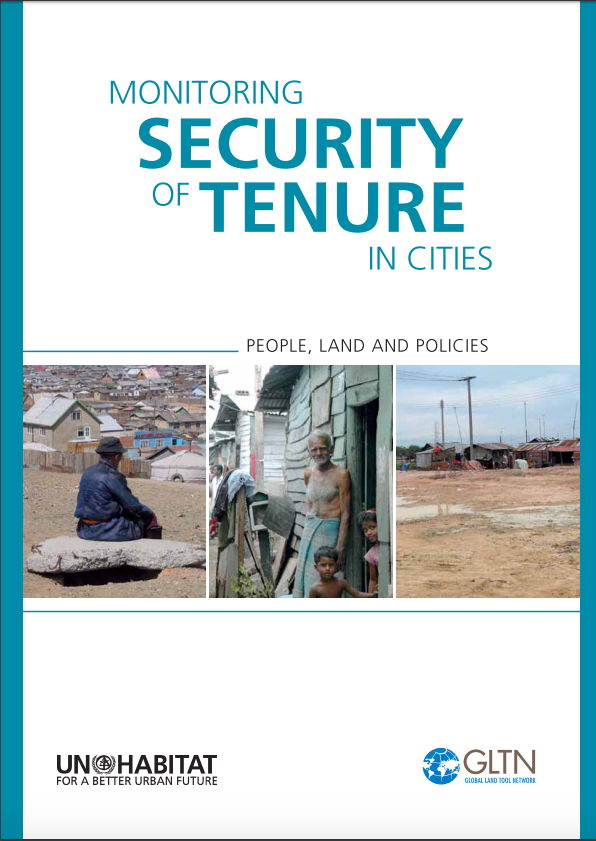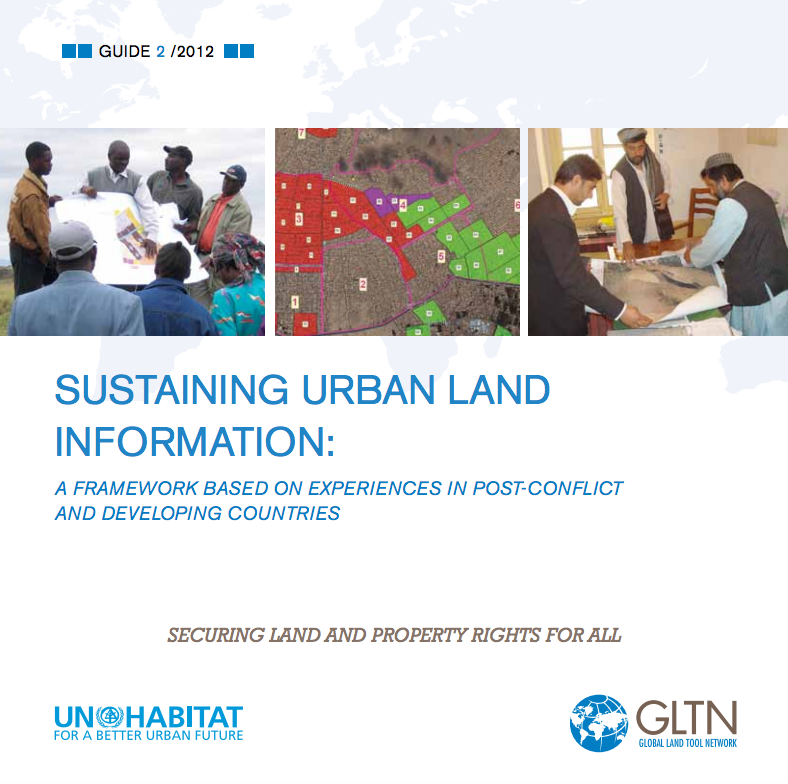Improving Municipal Management for
Cities to Succeed : An IEG Special Study
The purpose of this Independence
Evaluation Group (IEG) special study is to illuminate the
scale and scope of Bank support for municipal development
and to draw specific lessons from the achievements and
failures of a sample of individual projects. The study
focuses on three dimensions of municipal management:
planning, finance, and service provision that figure
repeatedly in Bank financed municipal development projects


